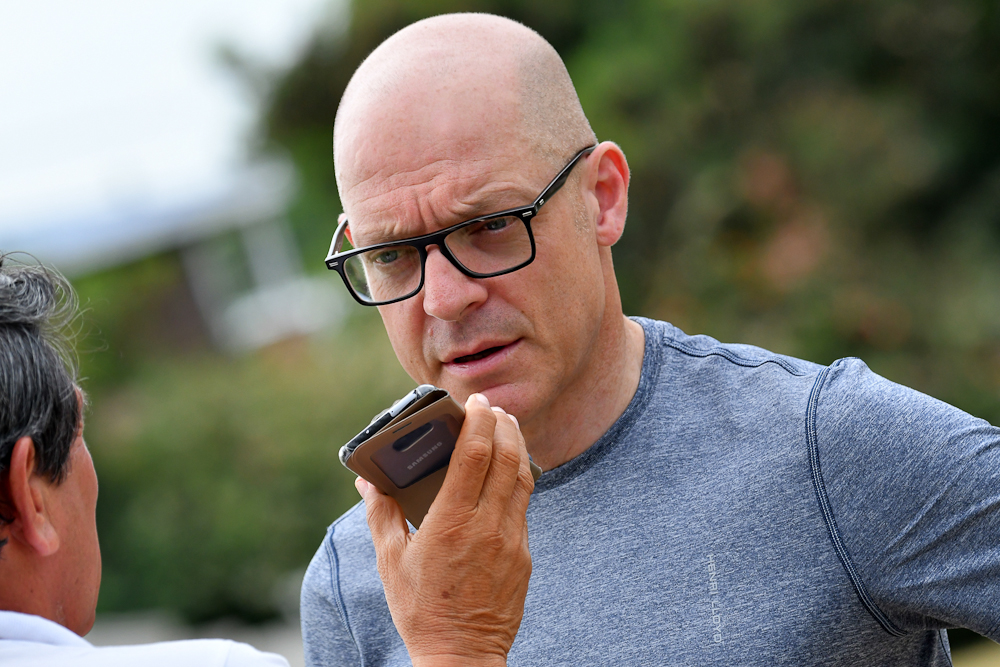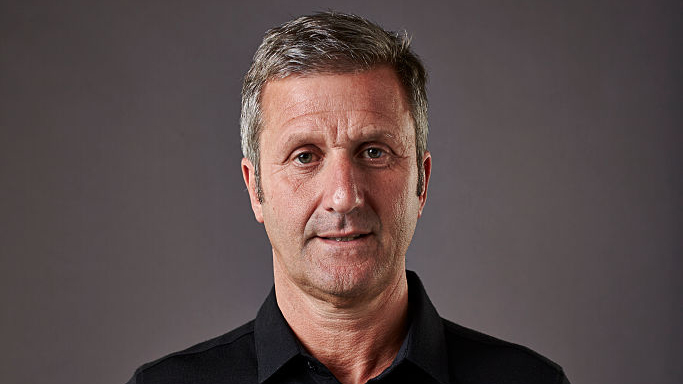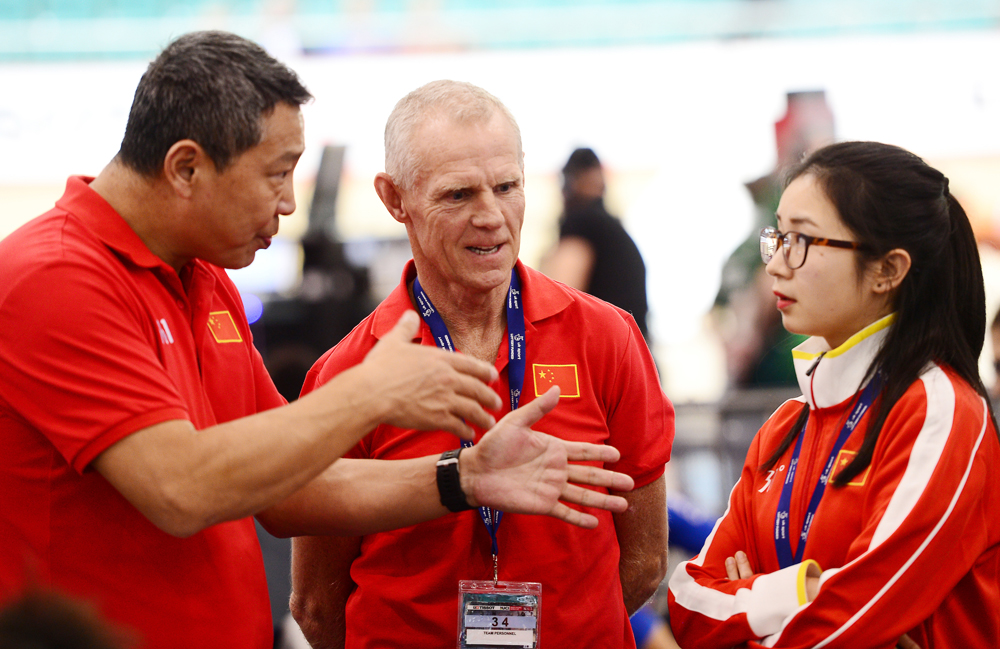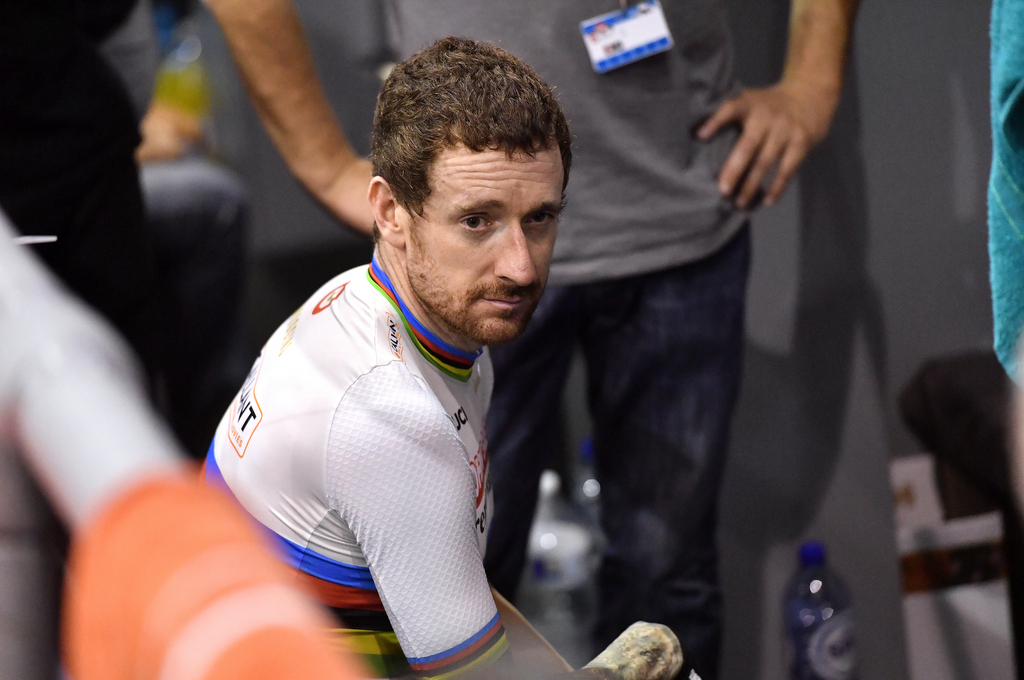UKAD: Jiffy bag investigation remains closed following Select Committee report
Sapstead calls for complete ban on corticosteroids





UK Anti-Doping has welcomed the publication of the House of Commons Digital, Culture, Media and Sport Committee's report on 'Combating Doping in Sport' but said that it has not re-opened its inquiry into the contents of the Jiffy bag delivered to Team Sky doctor Richard Freeman and then Bradley Wiggins at the 2011 Critérium du Dauphiné.
Select Committee report to reflect concerns over Team Sky and British Cycling
Philippa York blog: Chris Froome is at the centre of a Team Sky mess, not the other way around
Select Committee's report darkens clouds over Team Sky and Brailsford
UCI to consider TUE improvements after Select Committee's report
"In November 2017 we announced that our investigation into the package, sometimes referred to as the "Jiffy Bag", had concluded with no anti-doping rule violations issued as a result. As with all investigations, UKAD may revisit matters if new material and information were to come to light but we are no longer actively following any lines of enquiry in relation to this matter," UKAD chief executive Nicole Sapstead said in a statement on Monday morning.
Team Sky's failure to provide medical records to prove Dave Brailsford's claim that the Jiffy bag contained the decongestant Fluimicil was heavily criticised by the Select Committee report, which said "the whole story of the package seems implausible, to say the least."
The Select Committee report also highlighted Wiggins' Therapeutic Use Exemptions for the corticosteroid triamcinolone in 2011, 2012 and 2013, noting that "the purpose of this was not to treat medical need, but to improve his power to weight ratio ahead of the race." Shane Sutton, formerly part of Team Sky's management, provided written evidence to the Select Committee in which he said "what Brad was doing was unethical but not against the rules."
Wiggins took to social media in the early hours of Monday morning to reject the findings of the Select Committee report. "I find it so sad that accusations can be made, where people can be accused of things they have never done which are then regarded as facts. I strongly refute the claim that any drug was used without medical need. I hope to have my say in the next few days & put my side across," Wiggins wrote.
Sapstead reiterated UKAD's desire to tighten the existing World Anti-Doping Agency regulations governing the use of corticosteroids, and repeated her call for the painkiller Tramadol to be added to the list of prohibited substances.
"Triamcinolone is currently only banned in-competition. UKAD has in the past made representations that it and other glucocorticoids should be banned at all times (including out of competition)," Sapstead said. "We understand that a World Anti-Doping Agency (WADA) appointed Glucocorticoid Expert Working Group has met to consider this but that it concluded that the status of glucocorticoids on the Prohibited List should not change. UKAD will continue to push for this change."
Get The Leadout Newsletter
The latest race content, interviews, features, reviews and expert buying guides, direct to your inbox!
Sapstead also welcomed the Department for Digital, Culture, Media and Sport's recent decision to provide an additional £6.1 million in funding to UKAD over the next two years, and agreed with the Select Committee's desire to extend the powers of UKAD.
"We welcome the recognition that anti-doping activities require more powers and we are currently working with DCMS on a number of recommendations following the Criminalisation Review in October 2017," Sapstead said. "This includes allowing UKAD Doping Control Officers unfettered access to all sports venues and sports governing bodies routinely providing their membership details to us. We will continue to work with our partners to explore what further powers could be provided to the UKAD intelligence and investigations team without the need for legislation."